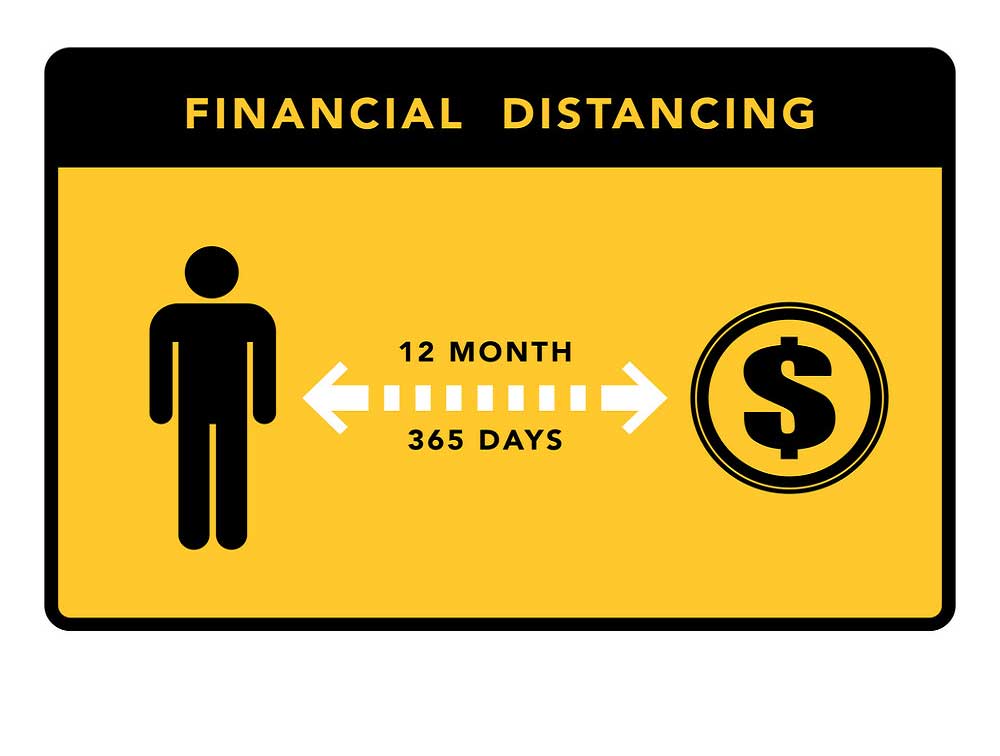Growing Interest in Venture Capital and Innovation
The appetite for venture capital involvement in innovation has surged in both policymaking and academic circles. This growth stems from two key factors: first, the slowdown in progress across developed nations, and second, the decline in research and innovation within large corporations. In contrast to this deceleration, venture capital has emerged as a key driver of innovation and R&D. One notable indicator is the substantial capital investments—amounting to billions of dollars—allocated to organizations and startups in countries like Canada, France, Germany, the UK, and others since the onset of the COVID-19 pandemic. This clearly reflects the increasing relevance and enthusiasm of venture capital for innovation.
Financial Distancing in the United States
The situation in the United States tells a different story. Despite government efforts to support startups after COVID-19 emerged in 2019, venture capital investments witnessed a dramatic decline. A deeper analysis reveals that early-stage venture capital deals dropped by 38% over a two-month period beginning March 4, 2020. In contrast, late-stage deals remained relatively stable. This sharp drop in early-stage funding is particularly significant, as such investments are typically long-term (10-year horizon) and private. This suggests that early-stage VC contracts may have included recession-triggered withdrawal clauses, leading investors to halt deal completions amid the economic downturn.
The COVID-19 Crisis and Historical Trends
Such contractions are not unprecedented. Historical data shows that VC activity has always decreased sharply during economic recessions. Furthermore, early-stage VC investors—specialists in high-risk startup environments—tend to respond more sensitively to shifts in business cycles compared to late-stage investors. As a result, the private market aligns with pro-cyclical trends: when the economy grows, so does the VC market in terms of cash flow, deal volume, and valuations. During downturns, however, the reverse occurs.
While this cyclical nature is evident, it does not necessarily imply a decline in innovation quality. On the contrary, certain startups have demonstrated substantial growth even during recessions.
The Role of VC-Backed Innovation During Recessions
This article seeks to explore whether VC-backed innovation grows during recessions—and why. Using data from 1976 to 2017, researchers examined the relationship between VC funding and patent activity. Their findings uncovered four behavioral patterns:
Higher-Quality Innovation
Patents from VC-backed startups tend to be of higher quality and economic value. For instance, 29.4% of such patents rank in the top 10% most-cited, and 4.7% are in the top 1%. These patents are more likely to be original, broadly applicable, and rooted in fundamental science—highlighting the critical role VC-backed firms play in job creation and innovation.
Pro-Cyclicality of VC-Backed Innovation
VC-backed innovations are more sensitive to macroeconomic cycles than broader national or global economic indicators. Specifically, both the volume and quality of patents are closely tied to the amount of monthly VC funding received.
Specialist VCs Drive Innovation Output
High-impact innovation outputs are primarily generated by startups funded by investors who specialize in early-stage venture capital.
Timing and Organizational Shifts During Recessions
Changes in innovation during downturns are influenced by the type of organizations that attract VC and the evolving nature of innovation itself. Notably, startups that raised capital in the six months before a recession did not experience a drop in innovation quality.
Why Does VC Decline During Recessions?
Several factors may explain the decline in VC and innovation during recessions, including:
Shifts in investment opportunities,
Challenges in valuing early-stage companies,
Reduced entrepreneurial activity,
Funding limitations for innovation-focused startups.
Each of these factors plays a role to varying degrees during downturns. This underscores the heavy dependence of innovation progress on specialized early-stage venture investors.
Case in Point: The Dot-Com Collapse
For example, after the early 2000s dot-com crash, IT-focused VCs remained in their domain rather than diversifying into sectors like biotech. As a result, many viable companies failed due to lack of funding. Additionally, even VCs with abundant capital sometimes limit investments due to anticipated liquidity constraints—leaving many startups stranded.




No comment